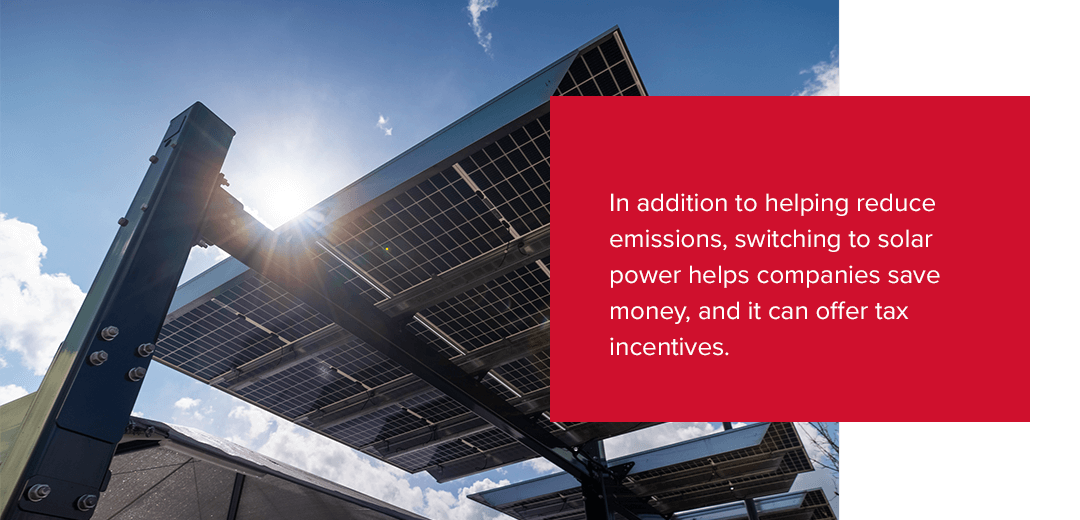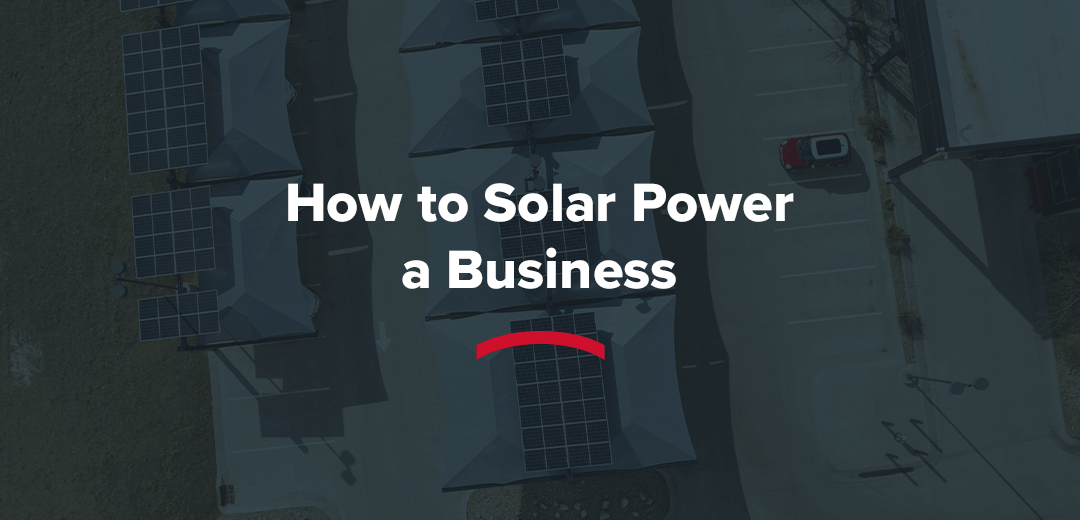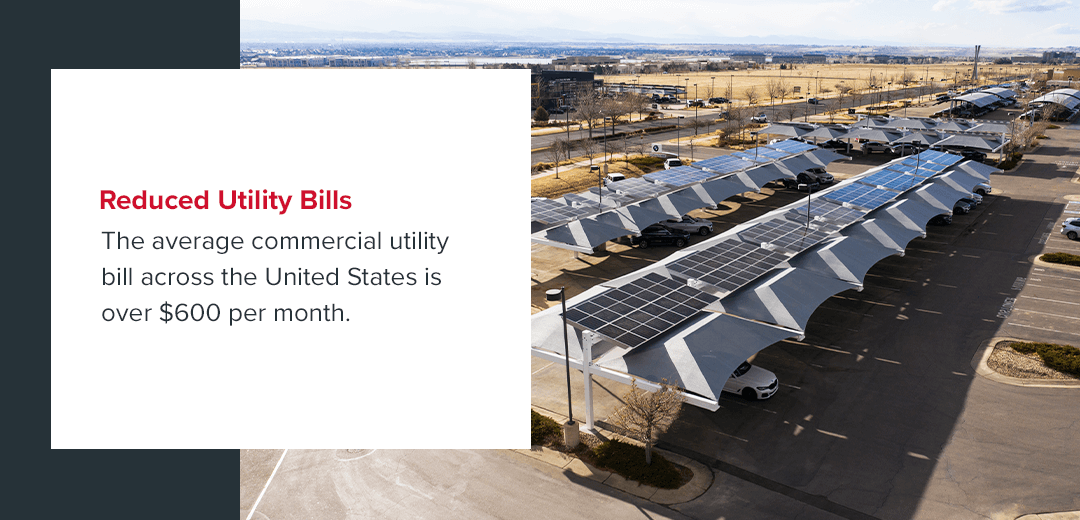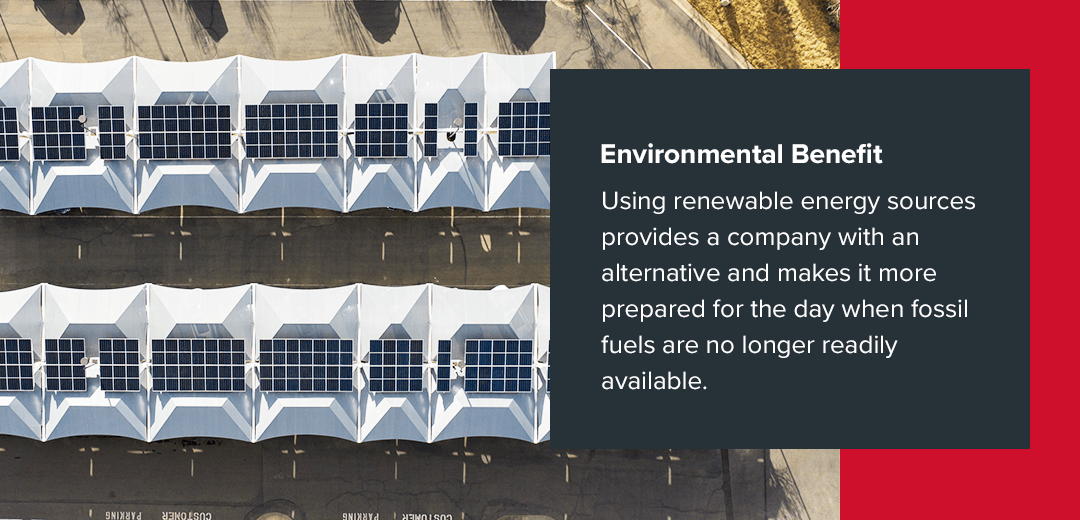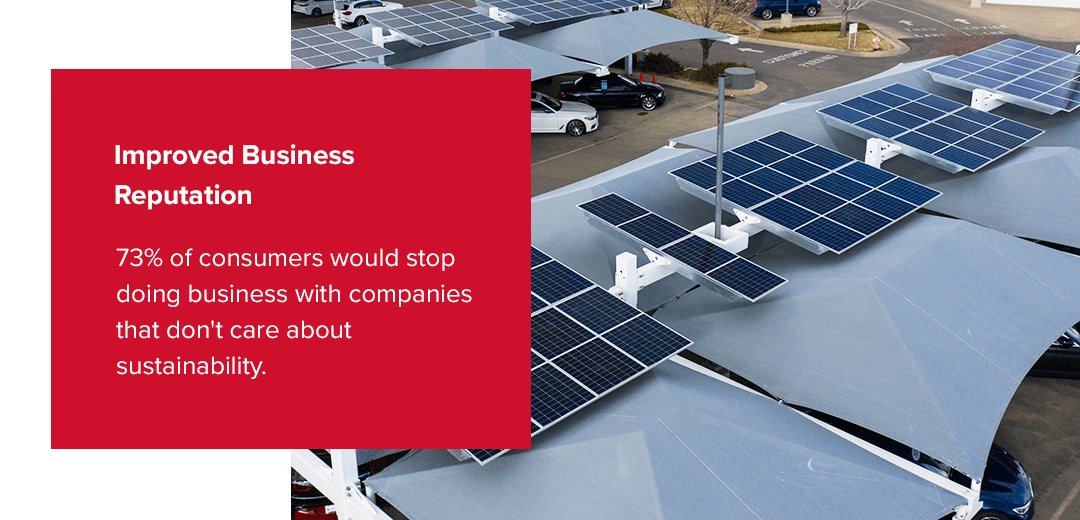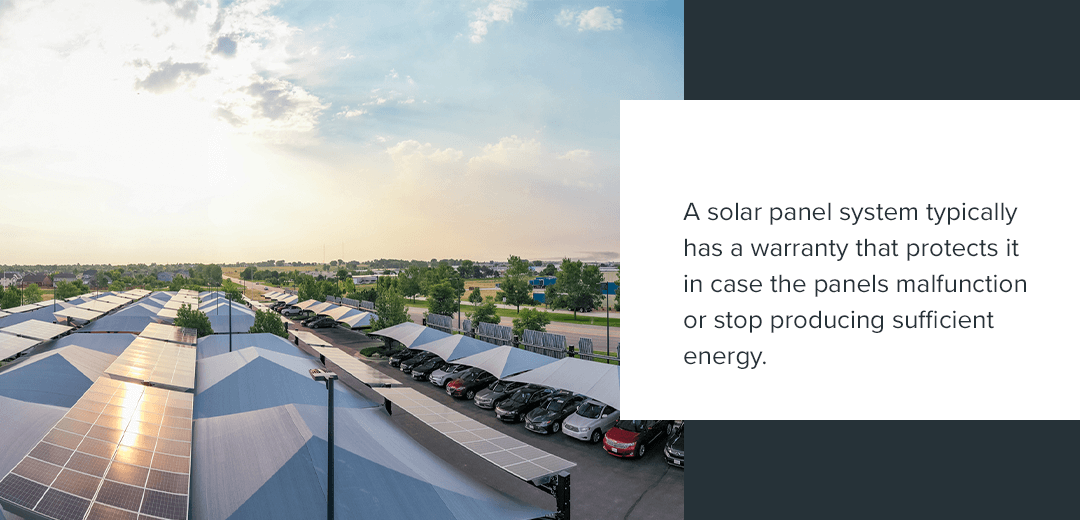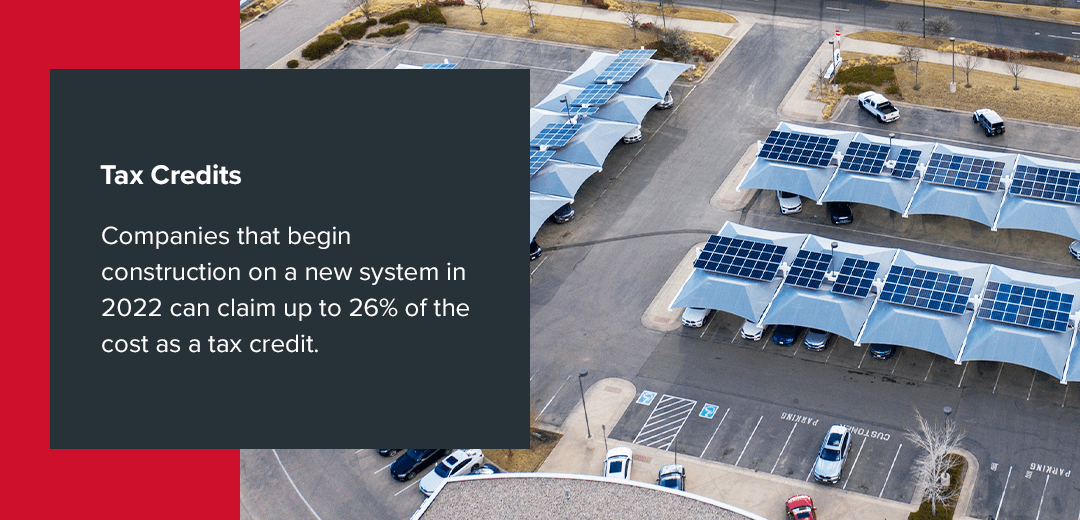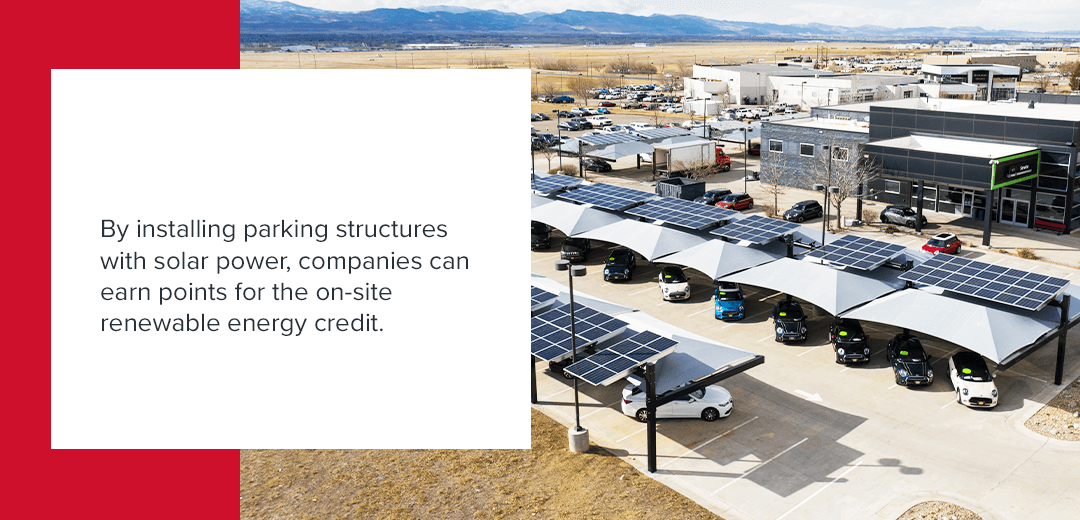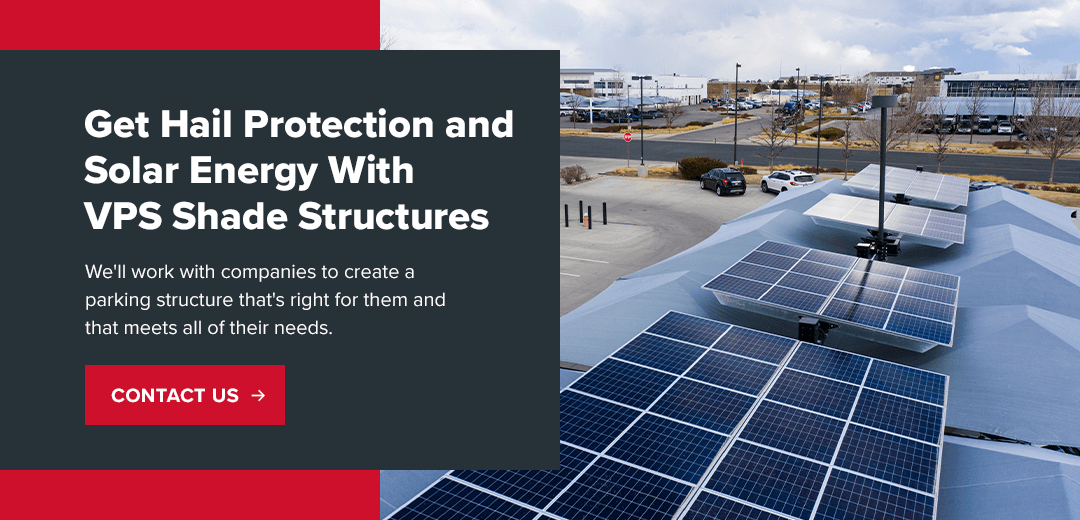One of the biggest expenses many businesses have to deal with is the cost of energy. Whether the electricity that powers a company comes from coal, nuclear, natural gas, or wind, the odds are likely that energy bills are higher than company owners want them to be.
Traditional energy sources, notably those that use fossil fuels, also have a negative impact on the planet. The burning of fossil fuels for energy releases nitrogen into the atmosphere, which contributes to smog and acid rain formation. Today, people burn around 4,000 times more fossil fuels than they did in the 1700s, contributing to climate change and rapidly depleting non-renewable resources.
Fortunately, there are better options available for generating electricity and delivering energy to a business. Solar power energy for businesses offers many advantages, from reduced costs to an improved reputation. Learn more about how to solar power companies and the reasons to do it.
Ready to start transitioning your business to solar power? Contact our team for solar hail protection structures to kickstart the process.
Read the full article or jump to a specific section:
- Importance of Switching to Solar Power
- How Solar Power Works
- Reasons to Switch to Solar Power for Businesses
- Questions Businesses Should Ask Before Going Solar
- Ways to Solar Power a Business
- Solar Panel Covered Parking Structures
- Who Can Benefit From Solar Panel Covered Parking Structures
- Get Hail Protection and Solar Energy With VPS Shade Structures
Importance of Switching to Solar Power
In April 2022, the United Nations (UN) released a new report highlighting the importance of reducing carbon emissions and altering global energy policies and usage. According to the report, the world needs to act “now or never” to keep global temperatures from increasing by 1.5 degrees Celsius — or 2.7 degrees Fahrenheit. The report urged action to reduce greenhouse emissions while noting that the right changes to infrastructure, technology, and policies can help reduce greenhouse gas emissions by up to 70% by 2050.
One way to cut emissions is to have more and more businesses switch to solar power.
In addition to helping reduce emissions, switching to solar power helps companies save money, and it can offer tax incentives.
